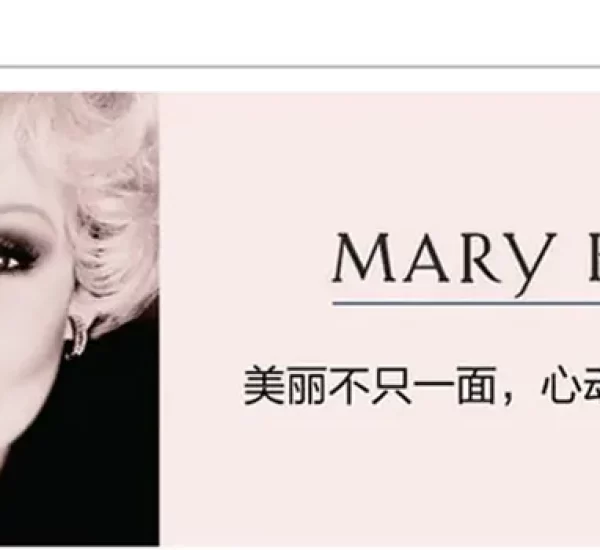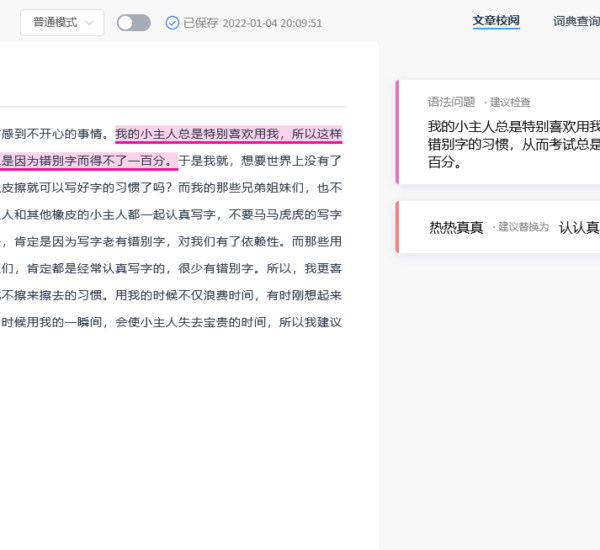Recently updated on November 27th, 2025 at 12:06 pm
Are you thinking about entering the Chinese market? It is essential to translate your marketing materials into Chinese.
Whether you’re launching a product or building your brand, speaking the language of your audience is crucial.
What’s Marketing Materials Translation?
Marketing translation refers to the translation of documents such as advertisements, product manuals, packaging, brochures, catalogs, presentations, and websites.
💡 It’s not just the text that counts when translating campaigns. Puns, jokes, images, and even videos must be considered. Additionally, factors like SEO cannot be disregarded when it comes to digital marketing.
What Are the Benefits of Translating Marketing Materials into Chinese?
Good translations are a key part of any multilingual marketing effort. Without them, your chances of success drop significantly.
Translating marketing materials into Chinese accurately has many benefits.
- To connect with your target audience
- To communicate your message clearly and effectively
- To help you make a good impression
- To show that you care
Translating Marketing Materials into Chinese: 8 Proven Tips

Translating marketing materials into Chinese isn’t as simple as swapping words. You need to tailor your message for the Chinese market and make it relevant to what they care about.
Translating marketing materials into Chinese can be challenging because what works in the United States might not work in China.
Here’re a few tips to optimize your translation for the Chinese market.
# SEO
You must start with Chinese keyword research and optimize your SEO for Baidu if you want Chinese audiences to find your business online, such as blogs or web pages.
# Localization
Localization isn’t just about translating words, it’s about adapting your marketing materials for a specific culture. That means considering things like currency, traditions, local references, and cultural norms.
# Transcreation
It’s more than just localization. A skilled Chinese translator doesn’t just translate words, they capture the ideas and tone of your original content and recreate it in Chinese so it feels the same.
# Translation of Puns and Idioms
Puns and idioms pop up all the time in marketing. Phrases like “it’s raining cats and dogs” or “bite the bullet” make sense to an English audience, but they don’t always work in Chinese.
💡 In the ’80s, KFC’s “Finger-Lickin’ Good” didn’t come across well in China. It was understood as “Eat your fingers off,” which isn’t very appetizing. Examples like this show why a smart transcreation, like “吮指原味,” is so important. It keeps the meaning while making sense to the local audience.
# Translation of Humour
Just like puns and idioms, humor doesn’t always translate across cultures.
What’s funny in one language or culture might not be funny at all in another.
# Translation of Captions on Videos and Images
For printed materials like posters, flyers, or leaflets, you might have captions on your images.
Even small details, like a stop sign or a banner for a florist, need to be translated into Chinese.

The same goes for videos on websites or in email campaigns. Make sure your captions are translated. Subtitles make your content accessible to the deaf and hard of hearing and also help keep everyone else more engaged.
# Appropriate Use of Visuals
Your ads should show people, places, and activities that fit the culture you’re targeting. When your visuals match the market, your product or service is more likely to be well received.
Different cultures have different interpretations of color. Before entering a new market, make sure your brand’s colors don’t have any unintentional negative associations.
For instance, white is frequently used at funerals and is associated with mourning in China.
Another interesting example of color in China is green hat, more exactly, a man wearing a green hat.

In Chinese culture, the phrase “wearing a green hat” (戴绿帽子, dài lǜ mào) refers to a man whose partner has been unfaithful.
💡 Marketing images that might have a negative connotation in a certain culture should be avoided.
# Consistency
Translation memory helps keep your content consistent. You can save time and ensure that your message is consistent across all materials by reusing previously translated terms.
Conclusion
Are you wondering how we can help you reach a wider audience by translating your marketing materials into Chinese? Get a free quote from us, and we’ll handle everything.
Frequently Asked Questions
What is marketing translation?
Marketing translation refers to the translation of some of the marketing materials, for instance, product brochure, website, campaign, email, social media post, etc.
Can I use Google to translate my marketing materials into Chinese?
It’s not suggested to use Google for marketing materials translation due to its lack of accuracy. In addition, the translation of marketing materials needs to resonate with audience to be effective, which can’t be done by machine translation.
What is the best way to translate marketing materials into Chinese?
The most reliable and accurate way to translate marketing materials into Chinese is to hire a professional Chinese translator like Chinese Copywriter.
China Marketing Glossary – Chinese-English
| Chinese | English |
| 哔哩哔哩 | Bilibili |
| 字节跳动 | ByteDance |
| 抖音 | TikTok |
| KOL (大V) | Key Opinion Leader |
| 直播 | Live streaming |
| 小程序 | Mini programs |
| 朋友圈 | (WeChat) Moments |
| 公众号 | Official Account |
| 私域流量 | Private traffic |
| 自媒体 | We media |
| 小鲜肉 | Hot young guys |
| 僵尸粉 | Zombie fans |
| 市场定位 | Market positioning |
| 营销策略 | Marketing strategies |
| 销售量 | Sales volume |
| 市场调查 | Market research |
| 市场份额 | Market share |
| 促销 | Promotion |
| 售后服务 | After-sales service |
| 广告宣传 | Advertising |

Digital Entrepreneur and Co-Founder of Chinese Copywriter
Having lived and worked in Europe for 6 years, Ting returned to her hometown Guangzhou with the mission to help international businesses succeed in the Chinese market. With 15 years of marketing / web design background, Ting has proven records of digital marketing successes in China. Ting has been featured on diverse mainstream medias in China, including Southern TV, Sina News, Toutiao News, GRT News, etc.



